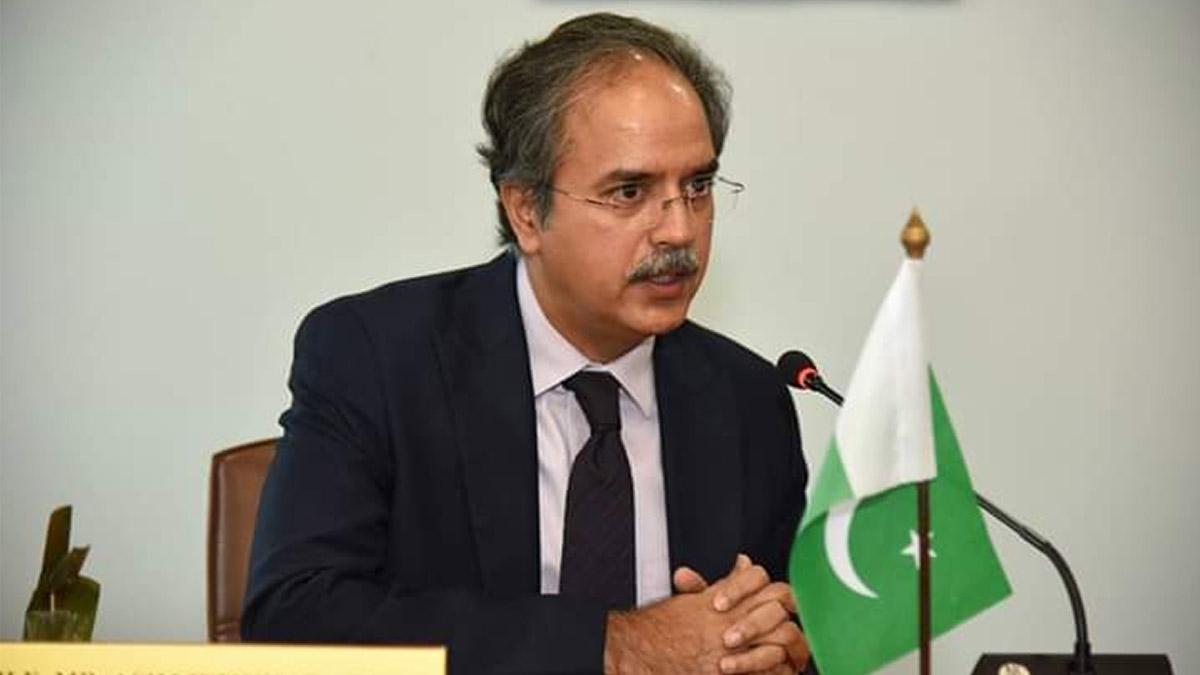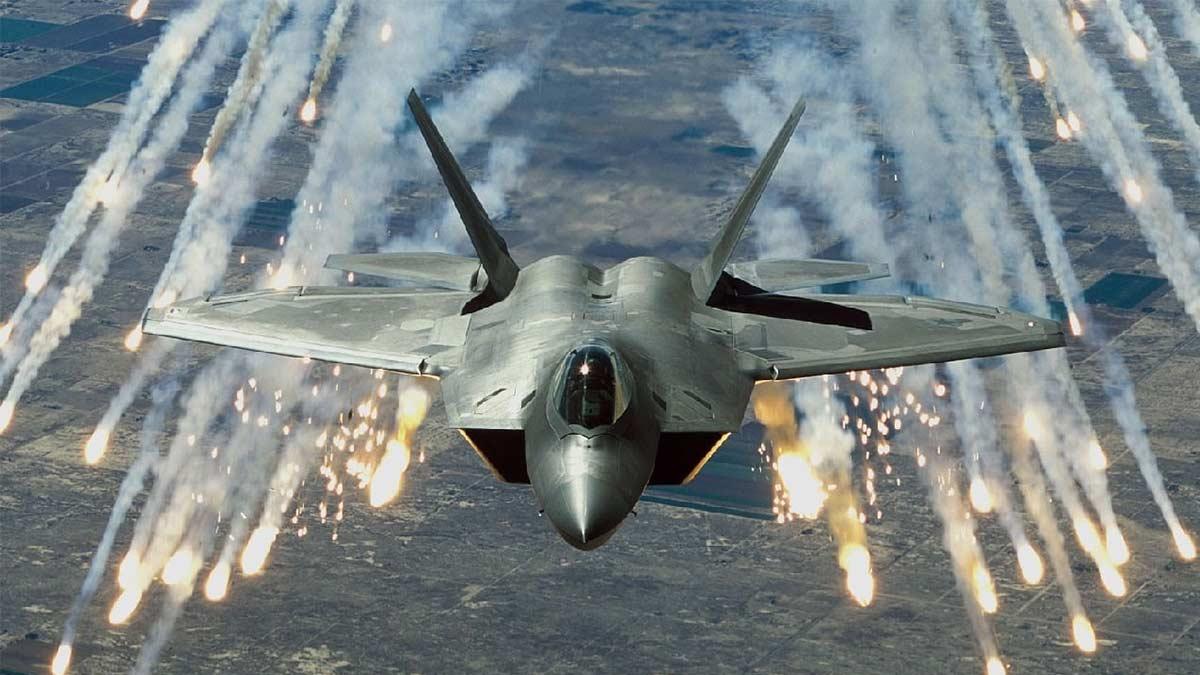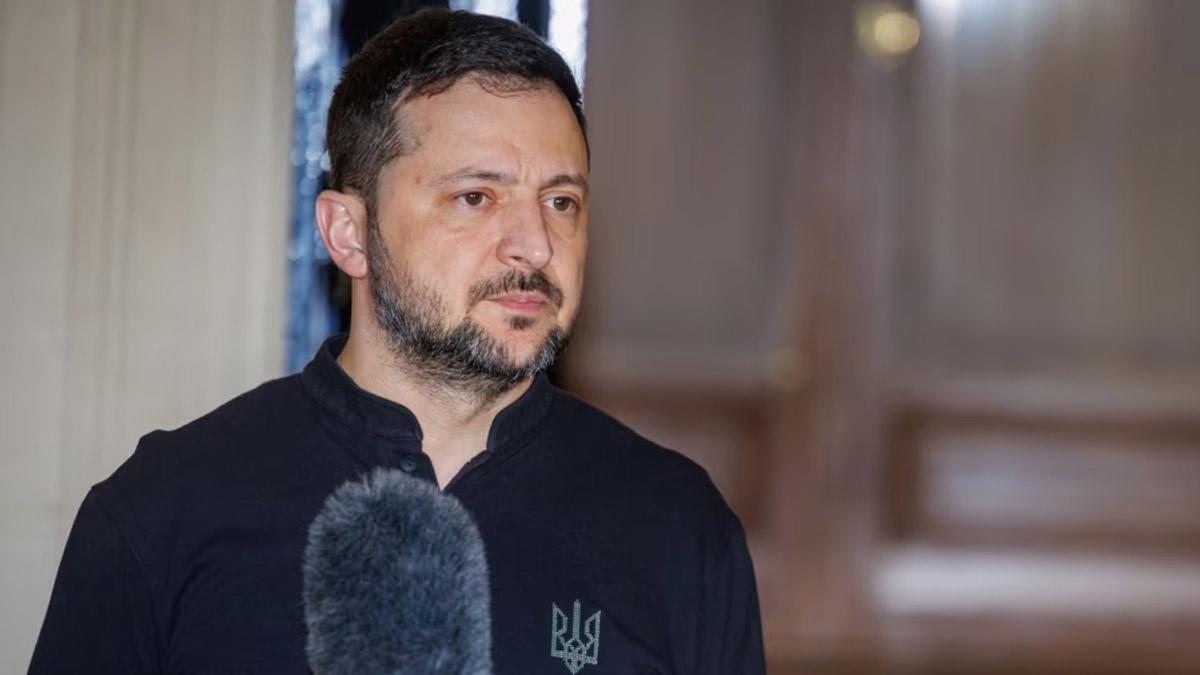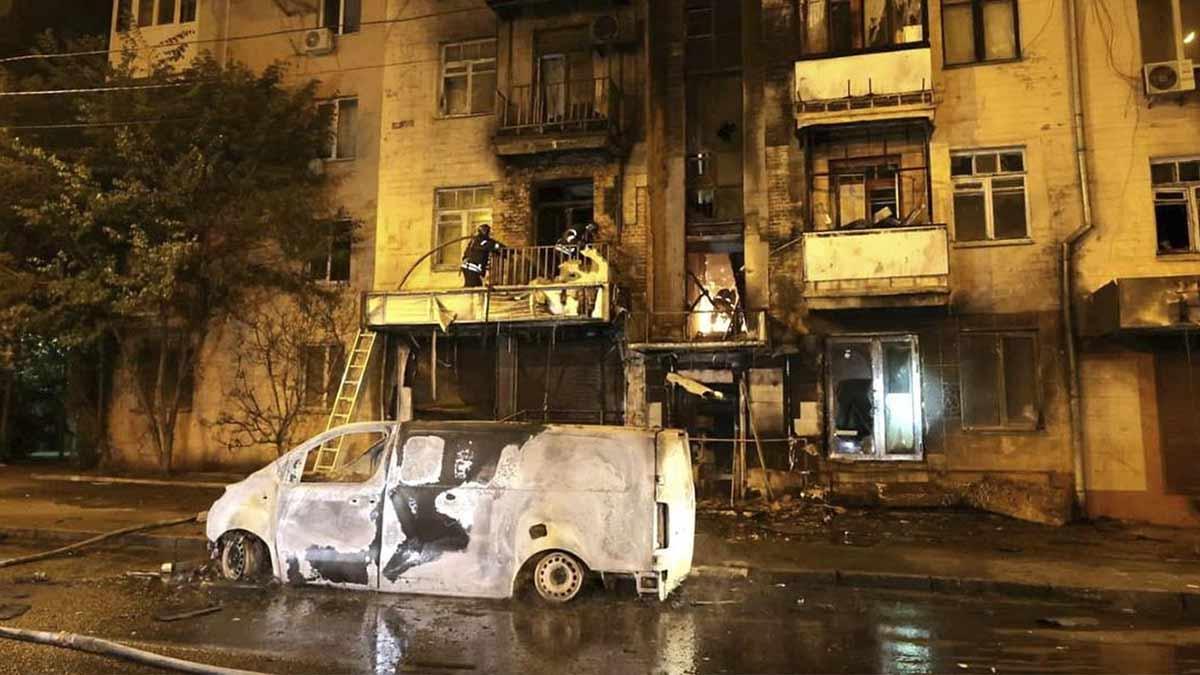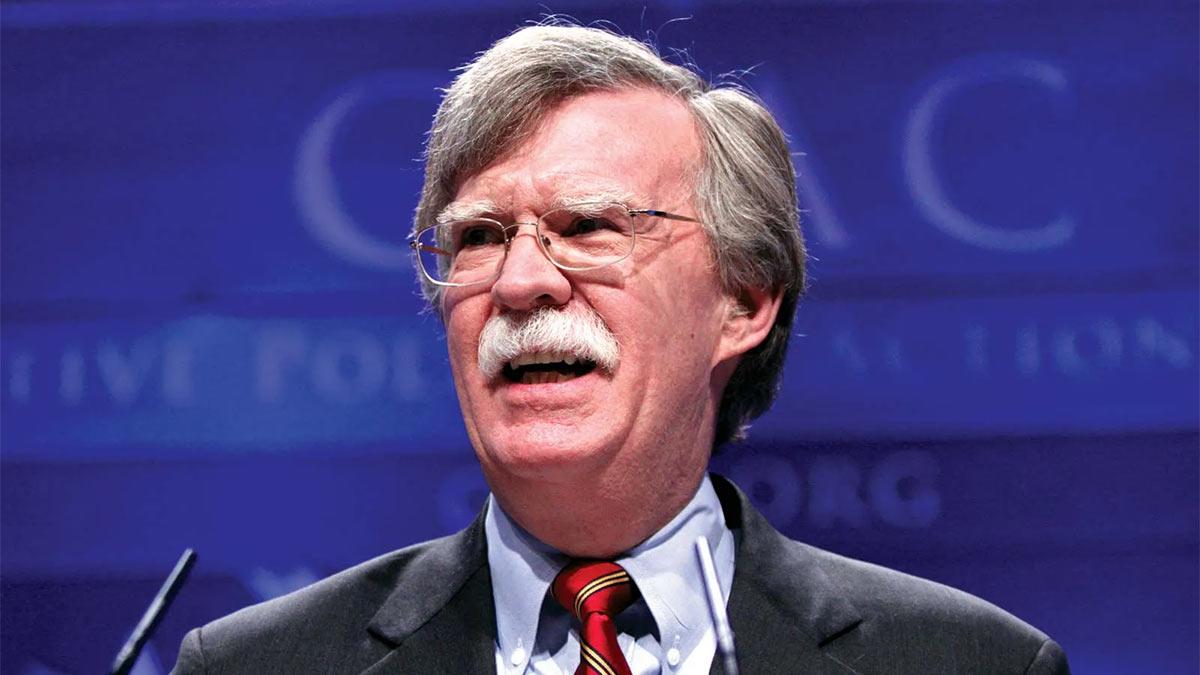Pakistan's Permanent Representative to the UN, Asim Iftikhar Ahmad, has called for the international community to increase its engagement in the mounting conflict between India and Pakistan.
Speaking during a press briefing on Friday, he cautioned that there was an "imminent threat of kinetic action" being posed by New Delhi and warned of the necessity for urgent global attention.
Ahmad recognized the narrow impact the international stakeholders have had so far to try to convince India to de-escalate tensions, indirectly alluding to Islamabad's failure in attempting to mobilize support for its cause.
Reiterating his government's position on the Indus Waters Treaty, Ahmad said that if any move was made by India to suspend water flows, Pakistan would treat that as an "Act of War," for which it would retaliate with its "inherent and legitimate right to self-defence."
He also hinted at the chances of Pakistan officially calling for a meeting of the United Nations Security Council if violence continues to escalate. Ahmad advocated that third-party states that are close allies of both India and Pakistan must continue to make diplomatic attempts to calm down the tensions.
"But there is a feeling that, you know, the desired impact, particularly on the Indian side, to de-escalate is not yet there," he added, "So that's why we're saying that there is a need to intensify."
The area has been in a state of heightened tension since the April 22 terrorist strike in Pahalgam that claimed lives, for which responsibility was taken by The Resistance Front—a proxy group of the Pakistan-based Lashkar-e-Toiba.
Highlighting the potentially grave outcomes of further conflict, Ahmad stressed the importance of diplomacy: “A conflict has the potential for far-reaching and disastrous consequences. that’s why I’m emphasising the need for these preventive actions, preventive diplomacy and dialogue to calm down.”
He disclosed that he has organized two meetings with UN Secretary-General Antonio Guterres and also issued an invitation to him to travel to the region, comprising both India and Pakistan.
Nevertheless, Guterres' Spokesperson Stephane Dujarric shed light on the limits of such intervention, whereby "good offices only work if all the parties involved accepted it.
India has consistently opposed any third-party mediation in its disputes with Pakistan, referring to the 1972 Simla Agreement, which asserts that all outstanding issues between the two nations should be settled bilaterally.
While Guterres has been engaging with Pakistani Prime Minister Shehbaz Sharif, his communication with India has also been only at the External Affairs Minister S. Jaishankar level.
Ahmad also mentioned that he has interacted with several senior UN officials, such as Security Council President Evangelos Sekeris, General Assembly President Philomen Yang, as well as Security Council member states and representatives of the Organisation of Islamic Cooperation.
He asserted that there is "reasonable intelligence pointing towards imminent threat of kinetic action by India against Pakistan," but he did not give any further explanation.
"Pakistan is not looking for escalation. This has been made abundantly clear by political leadership and at all levels. Meanwhile, we are fully prepared to defend our sovereignty and territorial integrity," he underlined.
Ahmad outrightly refuted any Pakistani link to the Pahalgam terror attack and asserted, "Pakistan categorically rejects any attempt to associate it with the April 22 terrorist incident in Pahalgam," and continued, "We are concerned over the loss of lives in the Pahalgam attack.
Though questioned regarding recent admissions by Pakistani Defence Minister Khawaja Asif that Pakistan trained and assisted terrorists, Ahmad avoided a straight answer and instead sidestepped questioning by leveling sundry accusations at India.
He was also questioned about Pakistan's role in the 2008 Mumbai attacks—especially that the attackers had originated from Pakistani territory—and the existence of internationally sought-after terrorists such as Hafiz Saeed and Osama bin Laden. Ahmad curtly replied: "You know this is the kind of discussion I would like to avoid."
Read also| JD Vance Jokes Marco Rubio Could Be the Next Pope: 'He's a Devout Catholic'
Read also| Right now, China occupies Bagram air base in Afghanistan, Says Donald Trump

